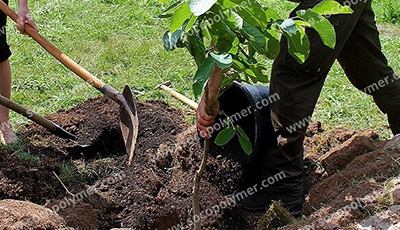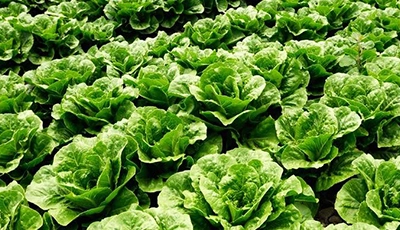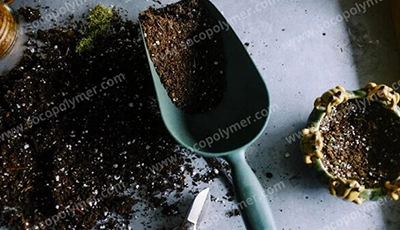Potassium polyacrylate, a superabsorbent polymer, boasts versatile applications across industries. After absorbing water, it turn into hydrogel with different particles, effects on the soil and plant roots.
In agriculture, potassium polyacrylate revolutionizes water management by enhancing soil's water retention, reducing irrigation frequency, and optimizing plant growth. Its unique properties find utility in various soil types, making it a sustainable solution for both arid and well-watered regions.
Moreover, its non-toxic and environmentally friendly nature makes potassium polyacrylate an attractive choice for diverse applications, contributing to water conservation, waste reduction, and sustainable practices across the globe.

Potassium Polyacrylate excels in absorbing and retaining water, optimizing soil moisture for extended periods, saving water by 50%, reducing the need for frequent irrigation.

Its versatility extends to various soil types, enhancing water retention and nutrient efficiency, making it adaptable for diverse agricultural applications. Large particle hydrogel for plant has better soil support, the small particle hydrogel has better soil adhesion.

As an environmentally conscious solution, Potassium Polyacrylate promotes sustainability by reducing water consumption, supporting eco-friendly practices in agriculture and beyond.

Improve the ability of water & fertilizer conservation in soil, reduce soil erosion and fertilizer leaching, improving the survival rate of plants.
Potassium polyacrylate is a type of super absorbent polymer (SAP) that is used for its water-absorbing properties. Polyacrylate potassium is commonly employed in agriculture to improve soil water retention.
Potassium polyacrylate is a specific type of SAP that contains potassium ions. It is known for its high water absorption capacity and is often used in agriculture to enhance the water-holding capacity of soil.
The primary application of potassium polyacrylate is in agriculture, where it is used to improve water retention in soil. It helps conserve water, reduce irrigation frequency, and enhance plant growth.
Consider factors such as the water absorption capacity, particle size, and potassium content. Choose a product that aligns with the specific requirements of your soil and crops.
Yes, potassium polyacrylate can be compatible with certain fertilizers. However, it's essential to follow recommended guidelines and consult with agricultural experts to ensure proper integration with other soil amendments.
The duration of effectiveness can vary based on factors like soil conditions, climate, and application rates. Generally, potassium polyacrylate has a long-lasting impact and can continue to improve soil water retention over an extended period.
Potassium polyacrylate is considered environmentally friendly when used responsibly. It helps in water conservation, which can contribute to sustainable agricultural practices. However, it's crucial to follow recommended application rates to avoid any potential negative environmental impact.
Check with relevant organic farming certifications and guidelines in your region. Potassium polyacrylate products usually acceptable for use in organic farming.